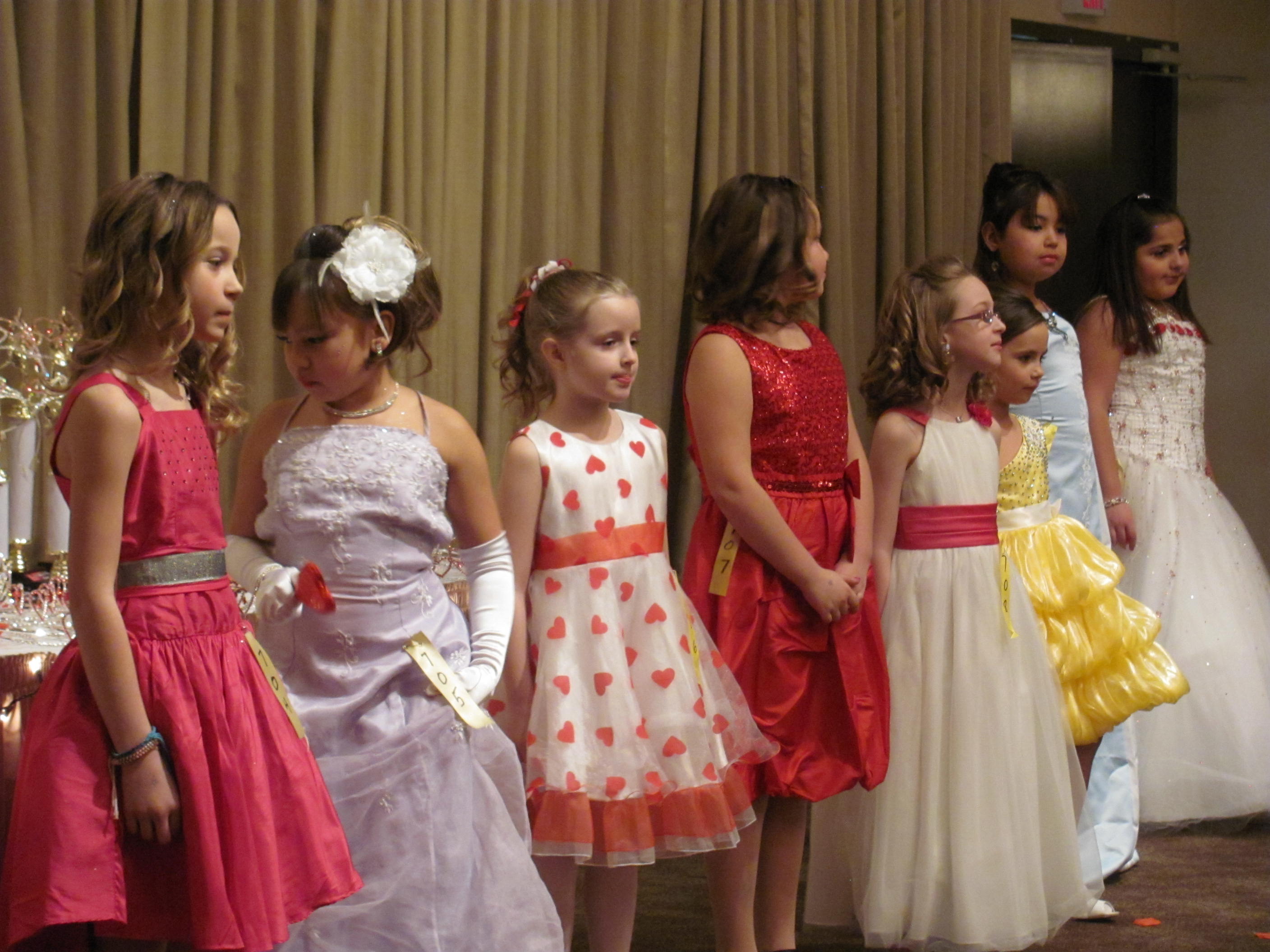Universal Royalty child beauty pageant, which went ahead as the first of its kind in Ireland on Saturday last, has inspired much debate across the country, culminating in Independent senator Jillian Van Turnhout’s call for Ireland to follow in France’s footsteps; their own senate having recently voted to ban such pageants for children under sixteen years of age. Van Turnhout’s reasoning is that these pageants are responsible for the “early sexualisation of children,” this being a near-impossible statement to contest.
There have been strong negative responses towards the trend of child pageantry spreading to Ireland. Their original location, a hotel in Balbriggan, pulled out of its role as host at the last minute upon learning the “true nature of the event,” while every other hotel approached followed suit in refusing to facilitate the pageant. A venue was eventually found in a pub in Monaghan, the location having been kept a secret until the very last minute.
This kind of negative attitude towards these U.S. run pageants can be expected, or at least understood, considering that our only real exposure to the nature of these events in Ireland is through the television. While TV series’ such as ‘Toddlers and Tiaras’ are bound to be sensationalised, it is still possible to gauge an understanding of these pageants through this medium. Leaving aside the outlandishly controlling parents, we watch children as young as one struggle as their hair is treated and styled, along with three-year-olds sporting skimpy costumes reflecting the pageant’s theme; hot pants and exposed spray-tanned midriffs. these outfits are a consistent feature in these get-ups. I have seen classier outfits on prostitutes in Amsterdam. A full face of make-up on these tiny girls is a must, and it is not uncommon to see them wearing false eyelashes and lashings of mascara.
The main performances in these pageants feature each child stepping onstage in extravagant and inappropriate costumes; they twirl and hold their skirts out, wide smile plastered on while blowing kisses to the audience as their hobbies and interests are read out into a microphone. Children should be seen and not heard, so why allow them to tell the audience themselves? Their job is to look “pretty.” The talent section of the pageant tends to feature dancing far beyond the years of the child in question, reflecting their outfits – more at home outside Coppers on a Saturday night than on a 3 year old. The irony in watching all of these children take part in what is called a “beauty” pageant is that they are all uniform in their false tan, fussy dresses, heavily made-up faces and perfectly curled and styled hair; their stage presence obviously rehearsed; false. As far as the pageants’ requirements seem to go, it is impossible for the children to be truly unique.
Three women appeared on The Late Late Show the night before the pageant was due to take place, defending the institution of child beauty pageants: Annette Hill, founder of Universal Royalty, as well as two mothers of child pageant competitors, one of them Irish. These overly-defensive women insisted that there was nothing sexualised about these pageants, describing them as “family events,” insisting that accessories such as wiglets, flippers (a cosmetic plastic cover for teeth) and spray tan are entirely optional, while make-up is “a theatrical mask that goes on and goes off.” It is unlikely that any pageant judge genuinely looking to see “kids that are smiling naturally and beautifully, from inside and out,” – as Annette Hill claims – would be involved in (let alone the organiser of) any kind of event with thick coats of make-up and frilly dresses costing up to $5,000 on children as unspoken prerequisites for success. Their defence of these pageants rang hollow, while their children, retired pageant winners aged 8 and 9, were only briefly interviewed.
The main issue that I see with these beauty pageants is that children are being taken at an early age and taught certain things, which will result in a completely skewed set of values by the time they are older. Girls, specifically, are learning to attach their entire self-worth to their appearance through being judged on looks alone, and furthermore they are being schooled into thinking that they must be caked in make up and fake tan in order to look appealing; a girl’s natural appearance is not sufficient to be considered “beautiful.” Their appearance is judged against that of their peers’, and this likewise teaches them to compare their own looks to everybody else. At the very least, all of this could later result in some serious self-confidence issues, as well as a very superficial outlook on life.
Banning child beauty pageants is certainly a step in the right direction, as it puts a stop to the promotion and widespread tolerance of these damaging ideals. However, we must acknowledge that there is already a problem in Ireland with this kind of shallow attitude: every spring we hear of small fortunes being spent on first holy communions, many girls spray-tanned and zipped into expensive mini-wedding dresses for the day. This type of extravagance – though not yet practised on much younger children – is not very far from ideals upheld by the child beauty pageant institution. Results of these values can be seen even closer to home, with Trinity’s elusive fraternity rumoured to soon accept female students as members. The criteria? Good looks.
We may end up banning beauty pageants for children, but these pageant ideals are perhaps more ingrained in Irish modern culture than we originally thought.







